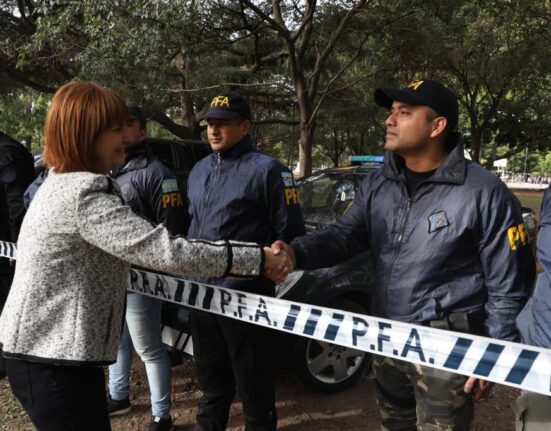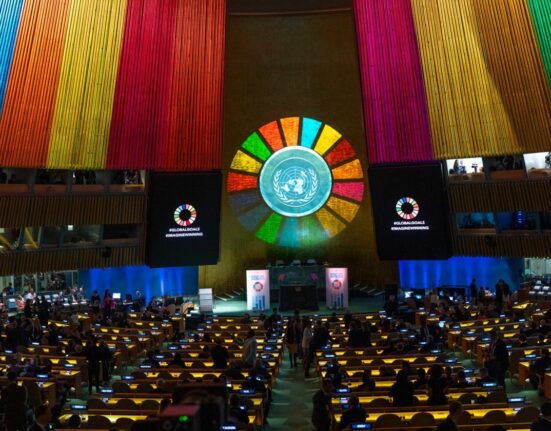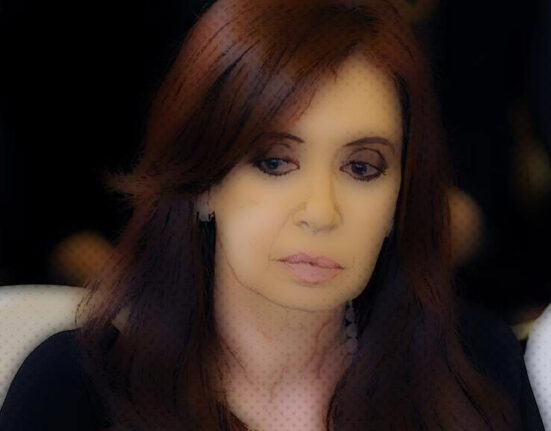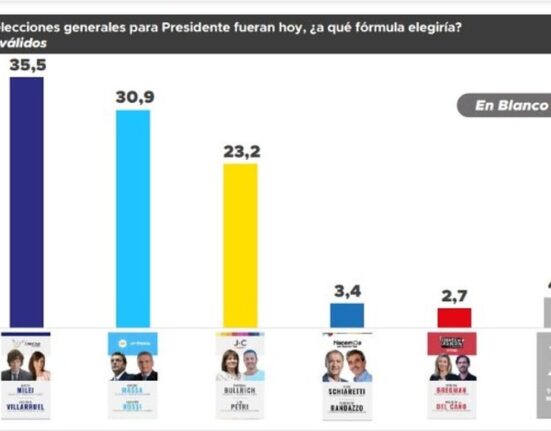With absenteeism hitting a record high of over 57%, the provincial elections in Misiones showcased an interesting political landscape. The established official party, Frente Renovador de la Concordia, led by Carlos Rovira, faced stiff competition from La Libertad Avanza (LLA), a new entrant in Misiones’ political arena.
The slow vote counting process added suspense to the unfolding drama as Frente Renovador maintained a narrow lead over LLA. By midnight, with 91.5% of votes counted, Frente Renovador secured 28.4% of the votes, closely followed by LLA at 21.8%. The surprise came from the third-place finisher, Frente por la Vida y los Valores led by Ramón Amarilla, currently detained on charges of sedition.
The election results reflected shifting political dynamics in Misiones with various parties vying for power. Notably, the radical change in voter sentiment was evident as traditional parties like the Partido Agrario y Social lagged behind while newer movements gained ground.
Carlos Rovira’s call for unity post-victory highlighted his vision for Misiones’ future.
“To all political factions in the province – we aim to lead with young talents and fresh ideas,”
he emphasized during a press conference alongside key government officials.
Meanwhile, at LLA’s headquarters in Posadas, there was a mix of jubilation and caution among supporters. Diego Hartfield and Adrián Núñez expressed confidence in their competitive numbers across the province despite challenges with the vote counting system. They believed that their message of freedom resonated strongly with voters.
As tensions mounted during the election process marked by low voter turnout and controversial decisions affecting candidates’ eligibility, expert insights shed light on the underlying factors shaping Misiones’ political landscape.
The presence of national figures like Karina Milei and Patricia Bullrich added another dimension to the campaigns, reflecting broader ideological alignments within Argentina’s political spectrum.
A standout feature of these elections was candidate Ramón Amarilla’s unique situation – being incarcerated while running for office raised eyebrows and stirred debate among voters about his candidacy’s legitimacy.
The legal battles surrounding some candidates underscored deeper issues regarding electoral processes and regulations in Misiones, prompting calls for transparency and fairness in future elections.
Despite challenges and controversies leading up to Election Day, voter participation remained a crucial aspect defining the outcome. The fluctuating voter engagement levels signaled evolving trends in civic responsibility and political activism within Misiones’ electorate.
Overall, the recent elections not only determined immediate political standings but also set precedents for future governance structures and electoral frameworks in Misiones.









Leave feedback about this